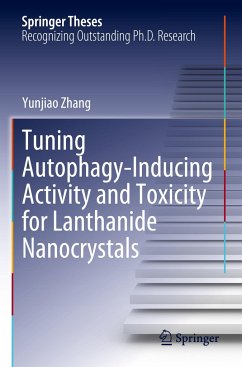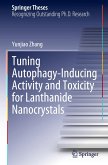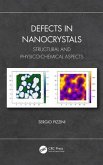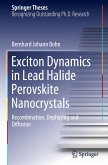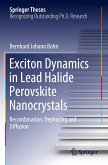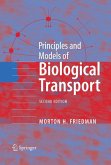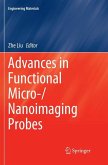This thesis presents a simple, yet highly effective surface engineering solution that uses non-covalent binding peptides to control the autophagy-inducing activity of nanomaterials and nanodevices. The author presents RE-1, a short synthetic peptide that sequence-specifically binds to lanthanide (LN) oxide and upconversion nanocrystals with high affinity, which was discovered using an innovative phage display approach. RE-1 effectively inhibits the autophagy-inducing activity and toxicity of these nanocrystals by forming a stable coating layer on the surface of the nanoparticles, and by reducing their sedimentation and cell interaction. RE- 1 and its variants provide a versatile tool for tuning cell interactions in order to achieve the desired level of autophagic response and are useful for the various diagnostic and therapeutic applications of LN-based nanomaterials and nanodevices.
Bitte wählen Sie Ihr Anliegen aus.
Rechnungen
Retourenschein anfordern
Bestellstatus
Storno

